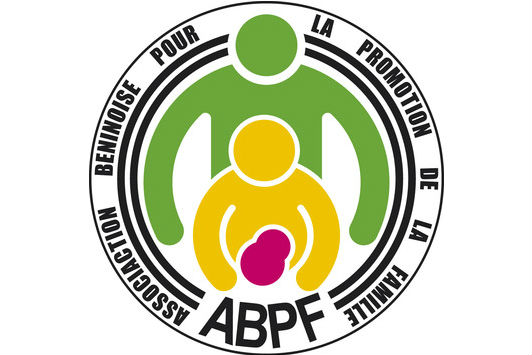

| 31 March 2016
Association Béninoise pour la Promotion de la Famille
The Association Béninoise pour la Promotion de la Famille (ABPF) has been operating for 38 years. ABPF offers family planning, ante-natal and post-abortion care, infertility treatment, screening of cancers of the reproductive system, and management of sexually transmitted infections (including HIV and AIDS). Its service points include permanent and mobile clinics. ABPF is focused on reaching marginalized groups such as prisoners, sex workers, refugees and internally displaced persons. The majority of clients are estimated to be poor, marginalized, socially excluded and/or under-served. To reduce the national maternal mortality rate, ABPF operates an effective community-based obstetric and antenatal care service in 16 villages, using traditional birth attendants and volunteer health workers. ABPF also runs a locally-based service for young people which involves hundreds of community-based distributors (CBDs) and peer educators providing young people with sexual and reproductive health information, condoms and counselling services. In acknowledgment of ABPF’s expertise and accomplishments, the Government of Benin invited the organization to become a member of the technical committee (in the Ministry of Planning) that drafts reproductive health policies: the Population Policy, the Family Health Policy, HIV and AIDS policies and the National Sexual and Reproductive Health Policy. Whilst ABPF has recorded major advances in sexual and reproductive health, there are still very significant challenges as the figures for lifetime risk of maternal death, child mortality rate and unmet need for contraception of illustrate. Driving the work of ABPF is a large and dedicated team of hundreds of volunteers. There’s a Youth Action Movement which draws on the skills of young people. ABPF works in partnership with a range of government organisations, including parliament, the Ministère de la Famille, the Ministère de la Jeunesse, and the Ministère du Plan. Funders include USAID. Non-goverrnmental organizations working with ABPF include the Country Co-ordinating Mechanism for health and sexual and reproductive health. Contacts Website: http://www.abpf.org/nouv/ Facebook: https://www.facebook.com/ABPF.IPPF/

| 31 March 2016
Family Planning Association of India
Established in 1949, the Family Planning Association of India (FPAI) is a founding member of IPPF. Its work in sexual and reproductive health (SRH) covers safe motherhood and child survival, empowerment of women, male involvement, adolescent health and youth development. FPAI works closely with non-governmental organizations (NGOs) and the government. It runs 39 permanent clinics, 101 mobile facilities, and has a network of nearly 2,700 community-based distributors /services (CBDs/CBSs). It works with 563 private practitioners and 196 other agencies. In addition, FPAI operates 3 infertility clinics, a contraceptive retail sales programme, and a condom dispensing service. In total, FPAI operates over 4,000 service points. A community-centred approach is at the core of FPAI's work. Our programmes are designed to deliver improved health and standards of living, better decision-making, and greater self-reliance. It aims to enable men and women to form local voluntary groups to initiate action in communities. Work primarily focuses on under-served rural areas and urban slums. The organization exploits a variety of media to impart its message, including film, radio, newsletters, journals and other print materials, as part of a wide-ranging education programme addressing topics such as family planning, maternal and child health, the risks of unsafe abortion, infertility, the prevention of sexually transmitted infections (STIs) and counselling for newlyweds. FPAI encourages the empowerment of women through mahila mandals (women's groups), balwadis (nursery schools), and literacy and income generation programmes. It’s been addressing the concerns of young people in a holistic manner through 30 Sexuality Education, Counselling, Research, Training/Therapy (SECRT) Centres spread acrosss the country. The centres offer youth-friendly services that prepare young people for their future by building the confidence and self-esteem essential to forging healthy relationships. They also offer counselling and information on various developmental issues, including sex, coping with preer pressure, relationships, responsible sexual behaviour, marriage, parenthood, contraception and the prevention of STIs including HIV and AIDS. As an advocate, FPAI exerts influence through community representatives, through the media, and through representation on government bodies such as the Central Health and Welfare Council and Steering Committee on Population Education. Contacts Website: http://fpaindia.org/ Facebook: https://www.facebook.com/FPAI.national







